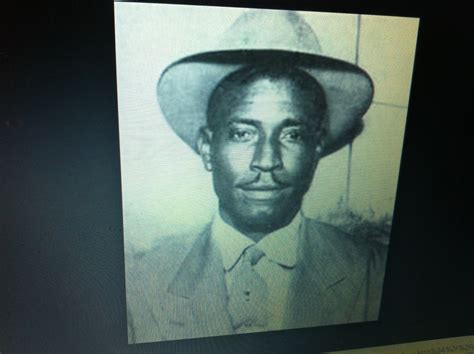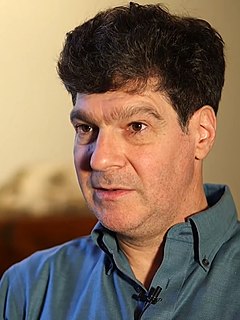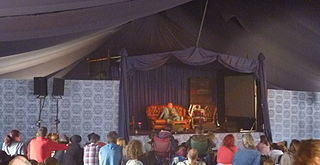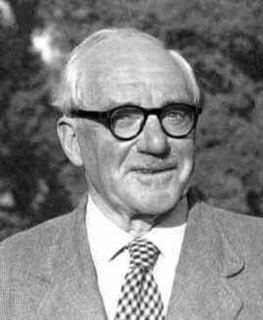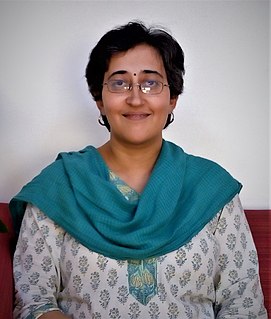A Quote by Page Smith
It can be said unequivocally that good teaching is far more complex, difficult, and demanding than mediocre research, which may explain why professors try so hard to avoid it.
Related Quotes
For of course one is never safe when in love. Growth is demanding and may seem dangerous, for there is loss as well as gain in growth. But why go on living if one has ceased to grow? And what more demanding atmosphere for growth than love in any form, than any relationship which can call out and requires of us our most secret and deepest selves?
I've heard plenty of Christians try to answer the why question by going back to the what. "You have to believe because Jesus is the Son of God." But that's answering the why with more what. Increasingly we live in a time in which you can't avoid the why question. Just giving the what (for example, a vivid gospel presentation) worked in the days when the cultural institutions created an environment in which Christianity just felt true or at least honorable. But in a post-Christendom society, in the marketplace of ideas, you have to explain why this is true, or people will just dismiss it.
Nothing in this world is more powerful, or more dangerous, than the truth. That's why some people go to such lengths to avoid hearing it. It may also be why others strive so hard to keep their conversations empty. They wouldn't want to find themselves accidentally saying something meaningful that might bring about a change.
My one concern is that Hu Jintao may overestimate how much power China has in Pyongyang. They have - they do have influence, and they do have companies, and they do have economic relationships that could make life much more difficult in the north. Their balancing act is, "How much worse can we make it in the north without creating that which scares us more than anything, which is a collapse in the north." And then what happens to all those nuclear weapons. So they're going to work very hard to avoid that.
Everyone wants to understand art. Why not try to understand the song of a bird? Why does one love the night, flowers, everything around one, without trying to understand them? But in the case of a painting people have to understand. If only they would realize above all that an artist works of necessity, that he himself is only a trifling bit of the world, and that no more importance should be attached to him than to plenty of other things which please us in the world, though we can't explain them. People who try to explain pictures are usually barking up the wrong tree.
By sort of combining the research of a lot of smart people, I came up with an equation for dread [dread=uncontrollability+unfamiliarity+imaginability+suffering+scale of destruction+unfairness]. The dread equation is a simplification, but it's a way to explain why we fear something so much when it is so unlikely. Part of it is the lack of control. That's why we're more scared of plane crashes than car crashes even though we know rationally which is more dangerous.
It has been said that the essence of teaching is causing another to know. It may similarly be said that the essence of training is causing another to do. Teaching gives knowledge. Training gives skill. Teaching fills the mind. Training shapes the habits. Teaching brings to the child that which he did not have before. Training enables a child to make use of that which is already his possession.
